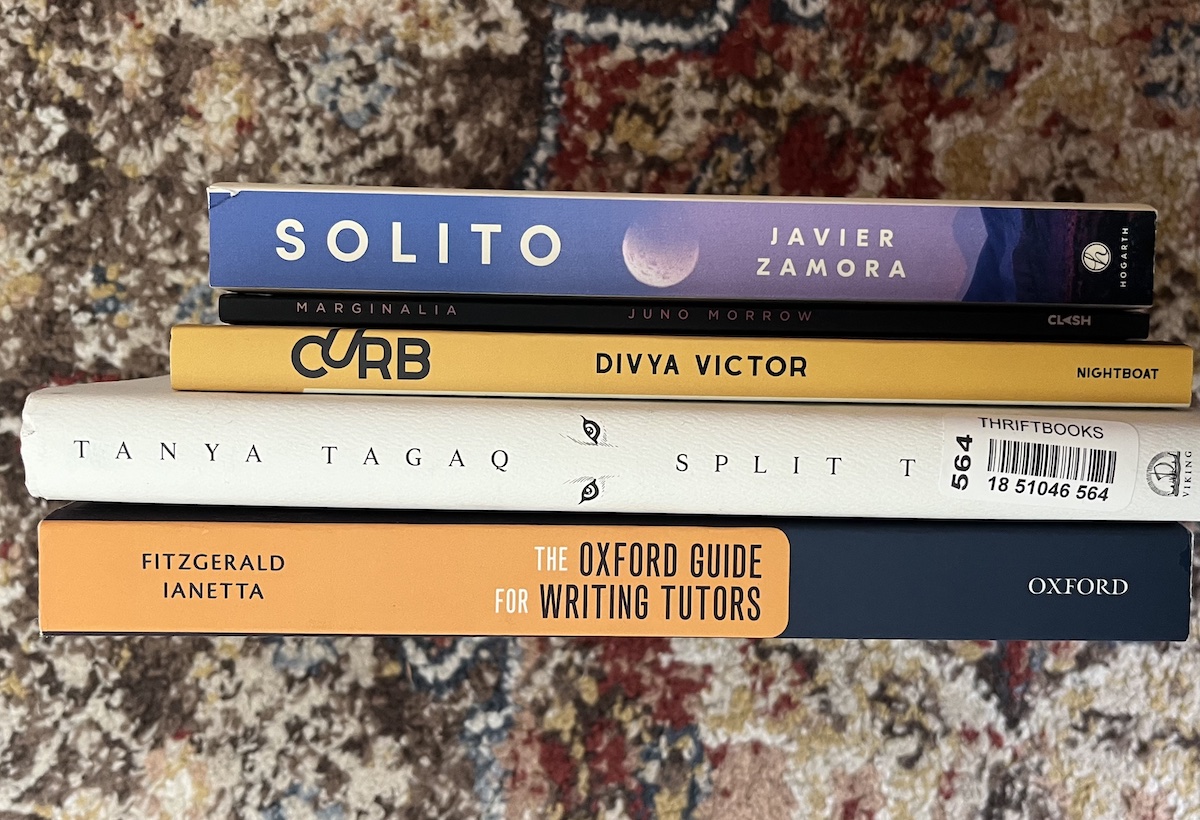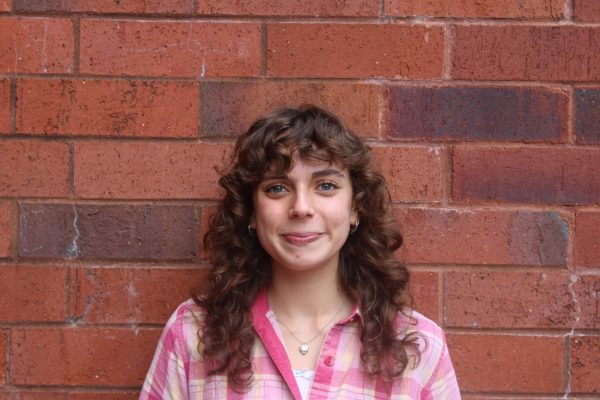Deciding what I wanted to study in college was one of the most difficult choices I’ve ever been faced with making. After exploring nursing, psychology, environmental studies and journalism, it was UW-Eau Claire’s wonderful English department that won my heart (and mind).
Five major changes later, I’ve settled into studying English with a creative writing emphasis and English and language arts teaching.
Although countless factors were at play in making this decision, feeling at home in my major was what I was really looking for.
The choice slowly revealed itself to me over the course of my freshman year, once I realized every interaction I had with the English department left me feeling warm and encouraged. More specifically, the conversational nature of my English classes challenged and energized me.
My first encounter with a discussion-based class happened in English 220, Introduction to Creative Writing. This class was taught by the wonderful Molly Patterson, who introduced the class to the concepts of workshopping creative writing and reading like writers.
Although Patterson served as a sort of guide in our class discussions and ensured our workshops were productive and amiable, her presence in class never overshadowed that of the students.
I’d never experienced a class taught this way and I quickly grew to adore the inclusive, attention-demanding nature of this pedagogy.
This semester, three of my classes are largely discussion-based, and after five weeks of class, I’m teeming with observations, thoughts and ideas. Before I continue, let me provide an explanation of what discussion-based learning in classes really looks like.
According to The Beacon Academy, discussion-based learning is “A learning style that challenges students to be responsible for their own education.”
Beacon Academy explains the process involves students being tasked with finding new information together, talking about this information and waiting for answers, which results in students finding themselves.
In my experience with discussion-based learning, one of the most noteworthy conclusions I’ve come to so far is the fact that it’s nearly impossible to be “off” in conversation-based classes.
I’ve noticed this is especially true in smaller classes, where a productive discussion cannot occur if a single student removes themselves from the conversation.
More than not, I find this orientation of the classroom is conducive to working towards conclusions or forming ideas as a team.
This poses the concept of social learning, in which learning is a process that takes place through peer review, peer engagement and intentional conversation.
Social learning differs from the more “traditional” sense of a professor conveying information to students through a slideshow or lecture, and it’s a concept that I welcome and encourage with open arms.
A discussion-based classroom challenges everything we conceive learning to be and in the age of technology, seems to be essential to furthering genuine education.
I find myself excited to attend my conversation-focused classes and feel these classes are the ones I get the most out of.
At the end of the day, in my discussion classes I feel we learn from each other, validate each other’s work in the process and make more meaningful connections with our professor and each other along the way.
O’Brien can be reached at obrienml0364@uwec.edu.









